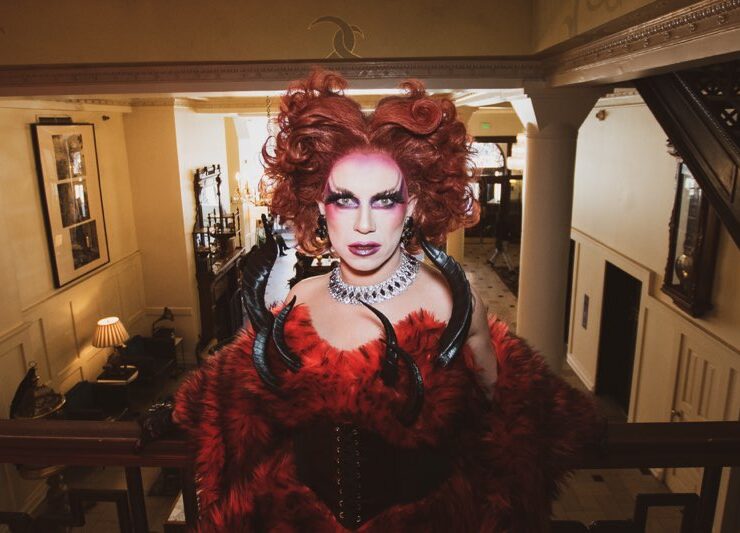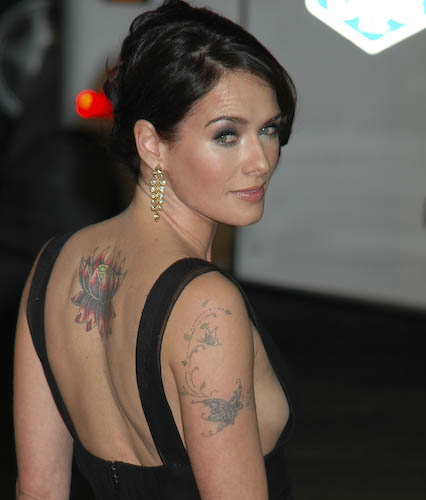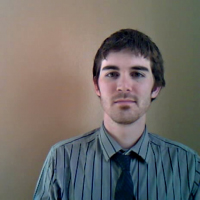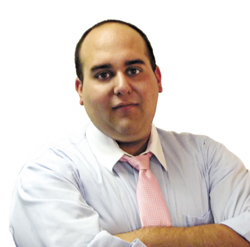Panel Voices: Are we too focused on fitness and body type in the LGBT community?

Tom Rockman, George K. Gramer, Jr., Keo Frazier, and Pieter Tolsma weigh in on this week’s question.

Tom Rockman
The obsession with the ideal body types – in fitness center ads, gay porn, and circuit parties – is not confined to the LGBT community, but a subset of a society that is magnified through the media. Young women are bombarded with images of skinny runway models in fashion magazines. Men are told at earlier and earlier ages they are inferior if they don’t conform to images in Exercise for Men.
There is nothing wrong with wanting to stay in shape. Striving to look like the ideal body type should serve as a model for which physical fitness and an exercise regiment is the ultimate goal. But when society as a whole, and in turn the LGBT community, places too much emphasis on the perfect body, it does psycho–emotional damage.
The Wrangler and the Front Range Bears are two places where gay men of all body types can socialize. We celebrate the diversity of the body in all forms and fashions. At the same time, our culture is suffering from an epidemic of obesity that affects one in three Americans. Some gay men may find an otter, a bear, and a cub to be attractive and others may not. The ideal and the extreme are located at opposite ends of the spectrum. For most of us the struggle is to find balance between where we are health–wise, and where we want to be physically.
Tom Rockman Jr. is a card-carrying Yooper, former flyboy, queer journalist, DragNation fanatic, comedy/horror/sci-fi addict, aspiring policy wiz and online provocateur.

Keo Frazier
Fitness and body type are separate topics. Fitness should be about health and a having a healthier community – engaging in a fun and active lifestyle that is better for you and those who love you. Body type should be a technical term in the medical field, not a term we use to indicate likeability or attractiveness to each other. We, as a society, have misconstrued fitness into body image and body type expectations equated to attractiveness, and are highly influenced by the shallow implications of “body type expectations.”
We all grossly misrepresent attractiveness in unhealthy ways, and also embrace it in healthy ways. I am encouraging the latter, and to do so we need to focus on our health and beauty as it radiates from within by participating in activities that strengthen from the inside out – and trust the out will follow the beauty within.
Some might think “how dare her,” but I was taught long ago: beauty is about the light within yourself. It doesn’t mean to not exercise, eat well, or be healthy and look good – I am saying to look good for you and not allow societal expectations to hinder you from reaching your own personal beauty, your own best body type or ultimate fitness level.
Keo Frazier is the fearless leader and founder of KEOS Marketing Group.

Pieter Tolsma
A little honesty is necessary here. The question concerns the LGBT community, but studies have shown that gay men are among the least tolerant of perceived body imperfections while lesbians are the most accepting. This does not speak to the body consideration of the transgender population either, which is deserving of a conversation in its own right.
As the least–accepting group, are gay guys too focused on body types? This has troubled me. Never having been a huge fan of the gym, or never having been one to go for a run just because I have some free time, I am never going to achieve the Adonis body type that is so celebrated in our culture. I can, however, still do my best to be physically healthy.
Perhaps gay guys can stand to remember that being healthy comes first and that everything beyond that – the aesthetics – are window dressing. I think that is a lesson that everyone else can get on board with as well.
Editor’s note: A 2009 study in the Australian Journal of Women’s Health found lesbians report less dissatisfaction with their bodies than heterosexual women, while other studies have found lesbians’ body image to be similar to straight women. Research more consistently finds gay men to be less comfortable with their bodies than both lesbians and heterosexual men.
Pieter Tolsma is program coordinator of Denver PIQUE, a program for gay/bi young men in Denver.

George K. Gramer, Jr.
The answer is yes and no. In the LGBT community, as in society as a whole, is a wide range of body types. We can be, at times, judgmental about others’ (and our own) bodies – in the LGBT community there is a very wide range of taste in body types too.
I stand 6-foot-2 and weigh 189 pounds – not bad for a 61-year-old man. Yet I would “like” to weigh 175. Is that because I would be healthier? More attractive to others? More attractive to myself? Trying to go back a decade? Some other reason?
Many of my friends belong to fitness centers and have stories of how many other gay people go there (while I am not certain how you can distinguish a gay person vs. a straight person lifting weights or swimming laps, I do know that my friends have well–attuned “gaydar”). Apparently, a disproportionately high number of LGBT people take their fitness seriously. Yet some of us never go near a swimming pool or track – because we have too little time, in other cases it is because we have little or no interest in being fit. That is fine.
Beauty is in the eye of the beholder. Since everyone has true inner beauty if they allow it to shine, perhaps we should all just chill out and consider fitness and body type as something for personal taste – which is, in the LGBT community, all over the map.
Iowa native George K. Gramer, Jr. is the president of the Colorado Log Cabin Republicans.
What's Your Reaction?
OFC's panel is composed of Colorado LGBT community leaders, weighing in on issues and questions that arise in the news, politics, media and culture. Got a question for the panel? Submit to matt@outfrontcolorado.com.










